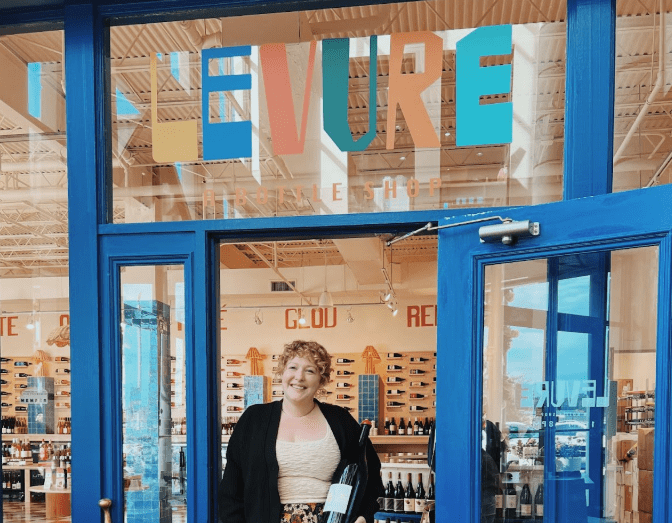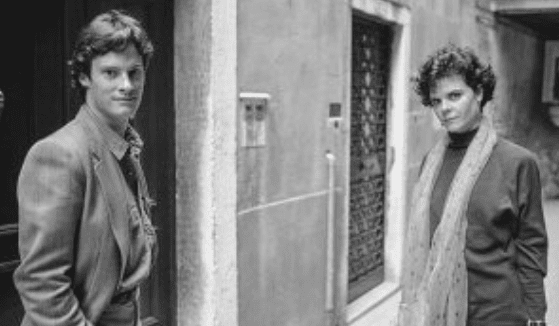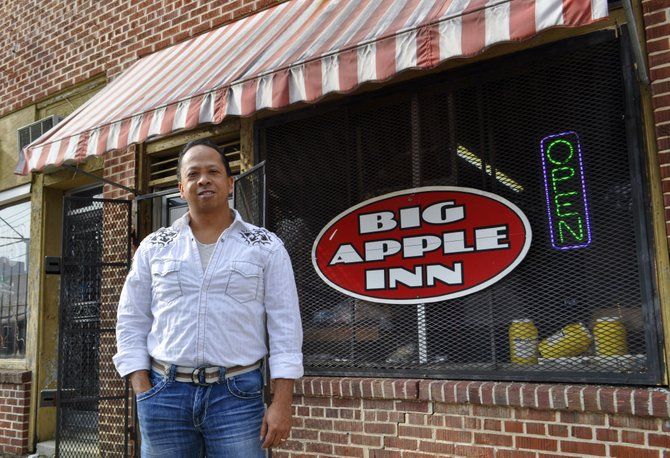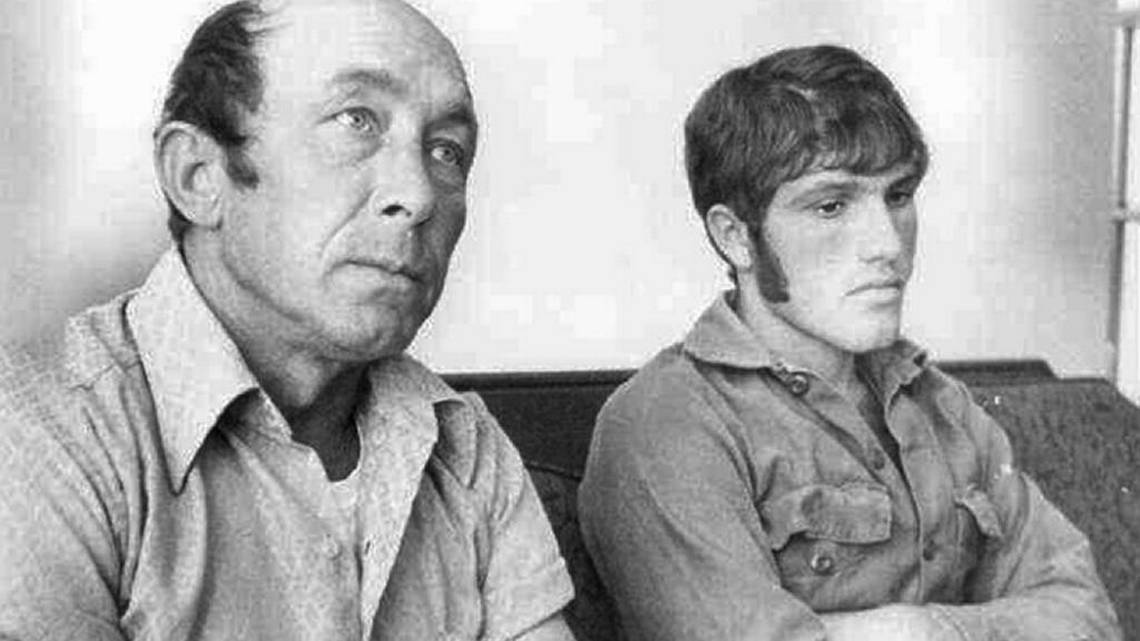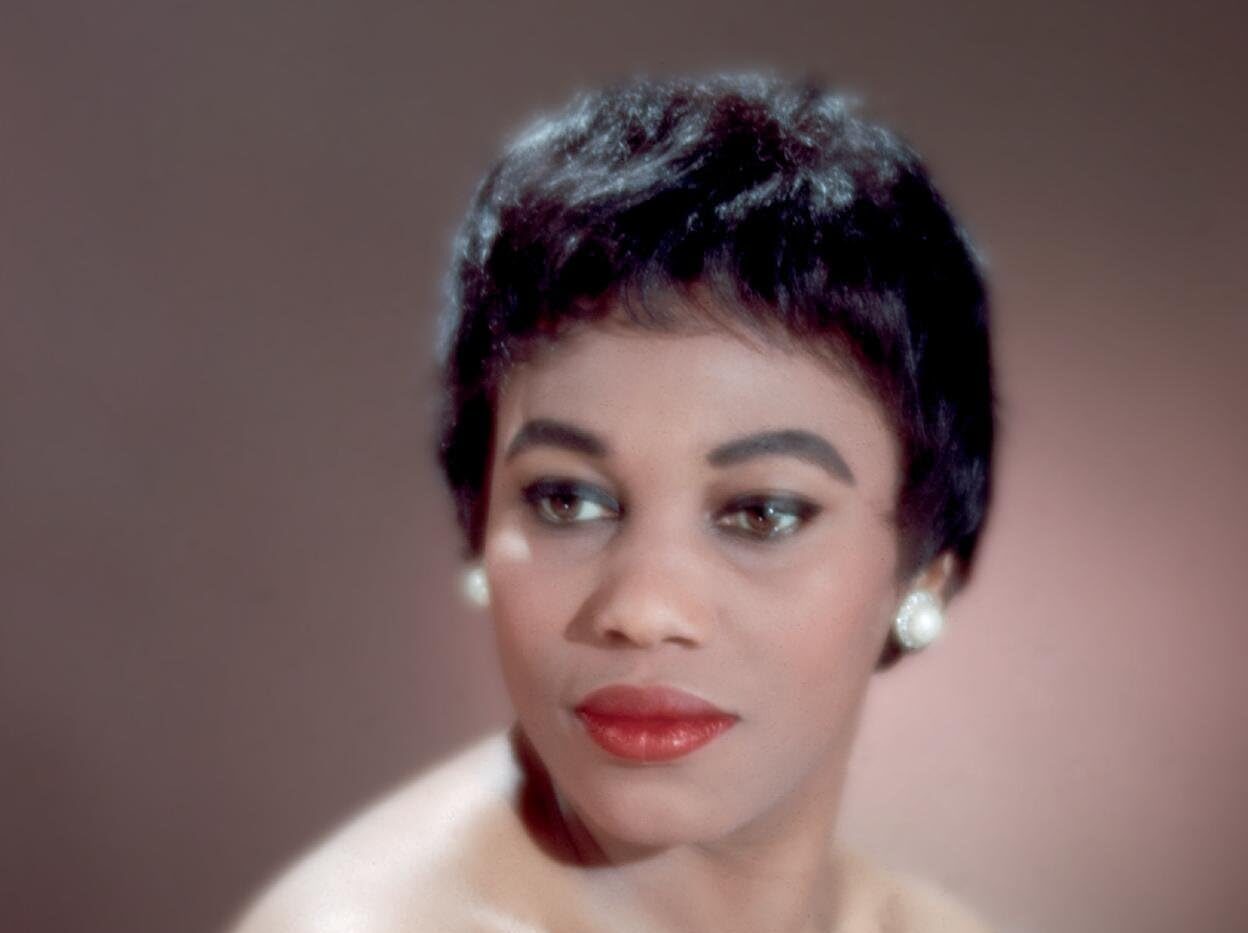
Album cover of Leontyne Price's The Complete Collection of Operatic Recital Albums
The world-renowned opera legend from Laurel grew up hearing her mother sing in the church choir while her father played the tuba in the church band.
Opera aficionados the world over have been awed by the captivating soprano voice of Mississippi native Leontyne Price. Born February 10, 1927, in Laurel, Price’s father, James Anthony, was a carpenter, and her mother, Katherine Baker Price, was a midwife.
It was only natural that young Price should fall into music. In her book, And So I Sing: African American Divas of Opera and Concert, Roslyn M. Story wrote about Price’s childhood. Both parents were children of Methodist ministers, and Leontyne grew up hearing her mother sing in the church choir while her father played the tuba in the church band. Her parents put Leontyne in piano lessons when she was just three years old. She played on a toy piano until, at the age of five, her parents traded in their phonograph as a downpayment on an upright piano.
By the time she was eight years old, Price and her younger brother, George, would play with the children of Alexander and Elizabeth Chisolm, a wealthy white family in Laurel where Price’s aunt worked as a laundress. Price was encouraged by Mrs. Chisholm, who often invited her to sing and play piano at house parties. When she was nine, Mrs. Chisholm took Price to Jackson to hear Marian Anderson sing in a recital. It was Price’s first significant exposure to classical music, and it had a profound effect on her. She was taken with Anderson’s dignity and her voice. Years later, on January 7, 1955, Price would be in the audience when Marian Anderson became the first African American to sing at the Metropolitan Opera.
Price attended Oak Park Vocational High School in Laurel where she graduated as salutatorian. She earned extra money doing what she did best, singing. She sang for civic functions as well as funerals. She went on to study music education in Wilberforce, Ohio at Central State University, a historically black college. By her third year of college, Price changed her major to voice at the urging of the university president, who had heard her sing in the college’s glee club. Price had aspirations of attending Julliard, and thanks to a benefit concert hosted by renowned bass Paul Robeson, the bulk of her tuition money was raised. The Chisholms also provided financial support for Price.
In 1948, Price moved to New York and lived in the Harlem YWCA while attending Julliard. It wasn’t until her second year at Julliard when Price developed a fascination for opera. She attended a performance of Salome by Ljuba Welitsch from the standing-room only section at the Met. In the fall of 1950, Price participated in the opera workshop at Julliard, and sang small roles in performances of Mozart’s Magic Flute and Puccini’s Gianni Schicchi.
From there her opera career soared like a rocket. Virgil Thompson heard Price perform the role of Mistress Ford in a 1952 Julliard production of Verdi’s Flagstaff and he cast her in his all-black opera revival, Four Saints in Three Acts. After just two weeks on Broadway, the production went to Paris. Upon her return, she performed the role of Bess in a new production of Gershwin’s Porgy and Bess at the Ziegfeld Theatre in New York. The production traveled to the State Fair in Texas, as well as Pittsburgh, Chicago, and Washington, D.C. before touring Europe with the U.S. State Department.
Price married noted bass-baritone William Warfield, the Porgy to her Bess, on the eve of the European tour. The couple divorced in 1973.
A pioneer in many ways, Price sang the title role in Puchinni’s Tosca on television in January 1955. In an article in Opera Magazine, F. Paul Driscoll writes that it was the first appearance in televised opera by an African American in a leading role. She went on to star in three NBC Opera broadcasts. Back in Mississippi, the NBC affiliate in Jackson, WLBT, broadcast the programs in Price’s hometown of Laurel. It was only after Jet magazine made mention of Price’s appearance with tenor David Poleria marking the first mixed-race couple on television that NBC Opera broadcasts were boycotted by several NBC affiliates in the South.
In March 1955 Price’s career got a major boost when her agent took her to Carnegie Hall to audition for an Austrian conductor, Herbert von Karajan. Impressed with Price, Karajan declared her “an artist of the future,” and he asked to direct her operatic career in Europe.
Price toured in the United States and Canada on the Columbia Artists roster. It was during that tour that David Garvey became her permanent piano partner until his death. The pair did a concert tour for the State Department in India and Australia.
Her signature role was Verdi’s Aida, an Ethiopian slave. She first performed the piece on May 3, 1957, at the May Festival in Ann Arbor, Michigan with the Philadelphia Orchestra. She went on to perform the piece at the Vienna State Opera in 1958, with Karajan as conductor. She also performed Aida at the Royal Opera House and the Arena di Verona. She sang Aida for her first performance at La Scala in Milan. Declaring that “our great Verdi would have found her an ideal Aida,” a Milanese critic gave the first African American to sing a prima donna role in Italy’s greatest opera house a rave review.
Price became a box office star at the Metropolitan Opera, and the first African American to open a season. By 1964, she was earning a top fee of $2,750 per performance, the same as other Met stars including Joan Sutherland, Maria Callas, and Renata Tebaldi.
In time, Price grew tired of her role as a “token of racial progress.” She cut back on full operas other than short runs of three to five performances at the Met and San Francisco Opera. She instead performed arias with orchestras in recitals and concerts. She was successful with that for the next twenty years.
In the 1970s, Price was a popular performer. In 1965 she sang at the inauguration of President Lyndon B. Johnson, and in 1973, she sang at his funeral. She sang for Pope John Paul II at the White House at the invitation of President Jimmy Carter. She went on to sing for Presidents Ronald Reagan, George H.W. Bush, and Bill Clinton.
Highly recognized throughout her career, Price has received the Presidential Medal of Freedom, the Kennedy Center Honors, and thirteen GRAMMY awards.


